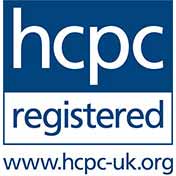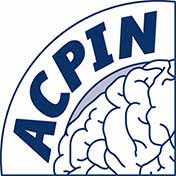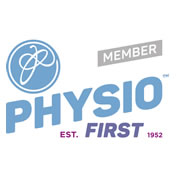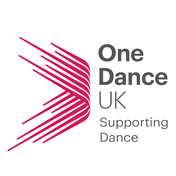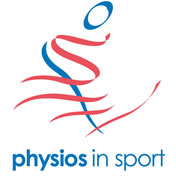Developmental Delay
This term is used when a baby or toddler reaches certain ‘developmental milestones’ much slower than the expected age. Developmental milestones include physical skills such as bringing their hands together, rolling over, sitting unsupported etc, and also certain cognitive and speech and language skills that children require, in order to function within normal parameters and to integrate socially and appropriately. When a child shows signs of developmental delay in most areas of their normal development, they are diagnosed with ‘global developmental delay’.
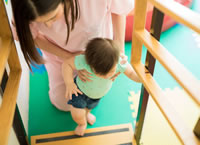 A delay in reaching a specific milestone does not necessarily mean that a child will not achieve this milestone, indeed some children develop certain skills faster than others. There is a huge variation in what is considered to be ‘normal’ with regard to a child’s development. For example, some children will begin to walk at 11 months, whilst others may not reach this milestone until they are 16 months. Both examples are considered to be ‘normal’, but signs of delay can cause a parent to become worried, particularly if their child’s peers at nursery or in baby classes seem to be developing their skills at a faster rate.
A delay in reaching a specific milestone does not necessarily mean that a child will not achieve this milestone, indeed some children develop certain skills faster than others. There is a huge variation in what is considered to be ‘normal’ with regard to a child’s development. For example, some children will begin to walk at 11 months, whilst others may not reach this milestone until they are 16 months. Both examples are considered to be ‘normal’, but signs of delay can cause a parent to become worried, particularly if their child’s peers at nursery or in baby classes seem to be developing their skills at a faster rate.
It is natural to make comparisons between your child and another child of a similar age, but all children are different and some simply take a longer time to achieve certain skills.
Delays in development may be highlighted within the first few months after birth, when a baby is perhaps not holding its head or limbs properly, and appears ‘floppy’. In other cases, delays in achieving certain skills may only become evident when a child is of school age, when interaction with other children highlights certain difficulties. Unfortunately, sometimes developmental delay is not picked up at an early stage and a child may simply be labelled as being ‘lazy’, when in fact they are showing signs of delayed motor skills and abnormal muscle tone.
The good news is that early screening by an experienced Paediatric Physiotherapist can detect any signs of developmental delay, however subtle. Appropriate exercises and stretches to address any movement restrictions, and hands-on movement facilitation and massage techniques can then be taught to parents so that physiotherapy can continue regularly at home, encouraging the normal development of their child. In some cases, onward referral to another health professional such as a Podiatrist, Speech and Language Therapist, Orthopaedic Consultant or Consultant Neurologist may be necessary if there are any aspects of developmental delay that need input from another specialist area.
As a general guide, here are some signs to look out for that may indicate that your child is not developing within normal boundaries:
Babies
- Not bringing their hands together at 4 months
- Appears floppy when held
- Intolerance to tummy-lying and difficulty in weight-bearing onto their hands and knees
- Difficulty holding their head upright
- Predominant use of one side more than the other
- Tendency to turn their head to just one side (leading to ‘flat head’)
- One hand held fisted
- Difficulty with nappy changing due to rigid hips or crossed legs
- Unable to roll over by 6 months
- Unable to sit without support by 8 months
- Not pulling themselves up to standing by 12 months
Toddlers and Older Children
- Difficulty with balance and co-ordination, particularly riding a bike / scooter or swimming
- Difficulty jumping, hopping or running
- Constantly complaining of leg aches and pains when walking longer distances
- Problems with throwing / catching a ball or kicking skills
- Unable to concentrate and focus on a particular activity
- Frequent trips and falls, “clumsy”
- Difficulty in participating in PE lessons at school
- Craving sensations or reacting strongly to some sounds, brighter lights and to being touched
- Reluctant, or finds it difficult to integrate with other children
- Handwriting problems, difficulty when holding a pen
- Difficulty with self-care activities and dressing
- Unable to process information, follow instructions, plan certain skills
If your child displays any of the above signs, or you are worried at all about their development, please do get in touch. Early intervention is vitally important, especially where the development of your child is concerned. In most cases, an individually-tailored exercise programme, hands-on facilitation and advice is all that is needed to address problems with developmental delay.
Nothing is ‘too minor’ or ‘too silly’ to seek advice about, and you most certainly will not be considered an ‘over-anxious’ parent! The first step in seeking help is to get in touch and discuss your concerns. If necessary, an appointment for you and your child can then be arranged. Our Specialist Physiotherapy Team will assess and screen your child for any developmental problems, advise on the correct form of management as appropriate, or simply put your mind at rest if everything is found to be normal.




